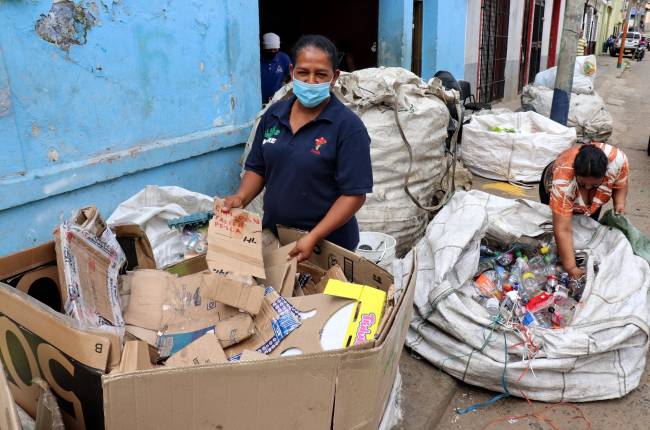Despite geopolitical and current shocks, economic, business, and labor globalization continues.
And we, inevitably, try to position ourselves in these global circuits in the areas of maximum utilization (for example, bringing in quantum computers).
But worldwide, dozens of countries and millions of people work in very difficult conditions: In some countries, more than 80% of adults are working to survive. Most of them in agriculture, but also in other small jobs such as selling food on the streets, acting as bicycle taxi drivers, or loading trucks with sacks on their backs.
Almost half of the world’s working people are engaged in these types of survival jobs. And among those with somewhat better jobs, they also work with very low performance.
We often hear that there are billions of people in the world living in poverty or misery. But not for lack of reason or excessive laziness. Most of these people work longer and more tiring hours than we do. And yet, they live in extreme poverty.
Does it surprise us that people who work with a hoe get less income than those who work with tractors and fertilizer?
It’s clear that those forced to work with few and poorly maintained resources will create little value for themselves, their society, and the entire world. What a missed opportunity!
Unfortunately, this is an issue that receives little attention among us. When we talk about solidarity, we refer to health, education, or democracy. Rarely to work.
When investigating development cooperation, the internationalization of businesses, migration, energy, etc., it is essential to take into account the situation of all the world’s working people.
